A medical physics graduate who was inspired to develop a cancer treatment solution having watched her father die from the disease has been awarded financial backing and support by the government’s UK Trade & Investment department.
Shakardoht Jafari’s company TRUEinvivo, which she co-founded with a colleague, Shabnam Jamshid, has been chosen as one of 24 start-ups by the Sirus Programme whose aim is to help some of the world’s most promising international graduate entrepreneurs take their ideas from a dream to reality.
The device developed by Shakardoht provides more accurate doses of radiation to patients and allows treatment to be targeted at tumours rather than healthy cells.
Seeing her own father die prematurely from cancer in Afghanistan prompted Shakardokht to specialise in the area of dosimetry – the monitoring of radiotherapy exposure.
Shakardokht’s university research project was to find an alternative to commonly-used dosimeters, overcoming both their high cost and technological limitations. Using Professor David Bradley’s research into optical fibres in dosimetry as a starting point, she began to consider other forms of glass that are robust and offer good spatial resolution in three dimensions, rather than using glass fibres, which are too fragile for practical use and can only be used to measure radiation in one dimension.
“When I was a child, I used to make necklaces using glass beads to earn a little money,” she said. “This gave me the initial idea of using these cheap beads as TL (thermoluminescent) dosimeters.”
Putting her theory to the test, Shakardokht found that not only are glass beads far less expensive than traditional dosimeters – costing mere pennies instead of £30 – they also offered a far better performance.
Speaking about the recent award, Shakardokht said: “The UK has a reputation for quality and innovation. We really appreciate the support that Sirius offers us – there is nothing like it in my home country. We plan to use the UK as a base from which to target other markets like the Middle East, India and China, and are confident the Sirius Programme will help us achieve our objectives.”
Source: https://alumni.surrey.ac.uk/alumni-new/news/nn-newsmail/nn-jan-15/nn-jan-15-radiation-therapy
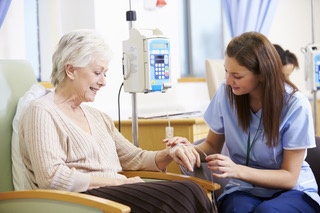
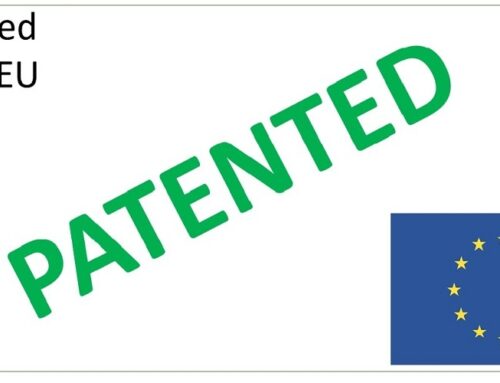
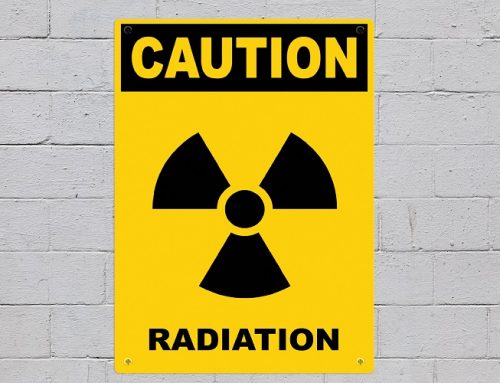
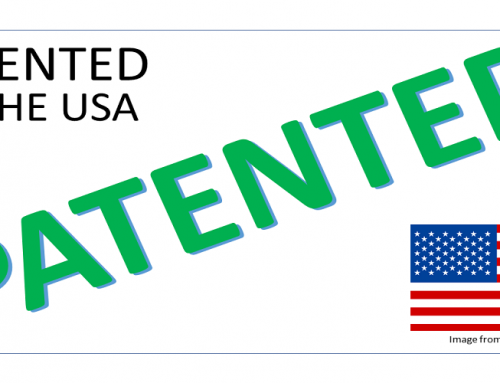
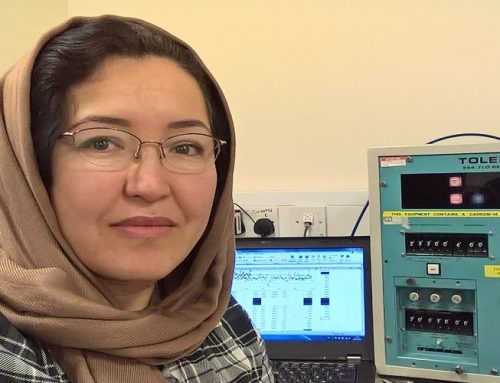
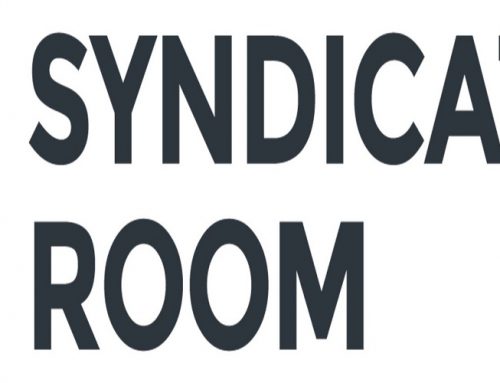
Leave A Comment
You must be logged in to post a comment.